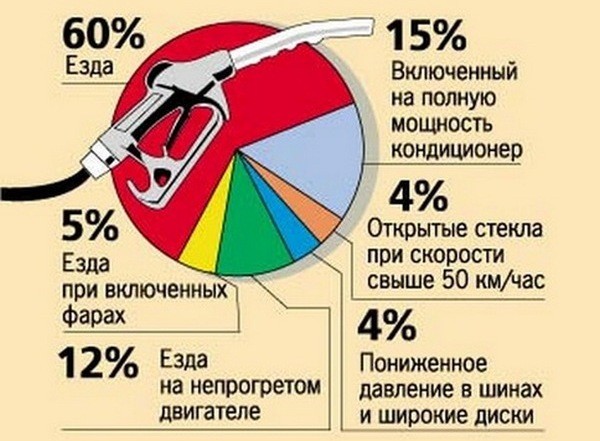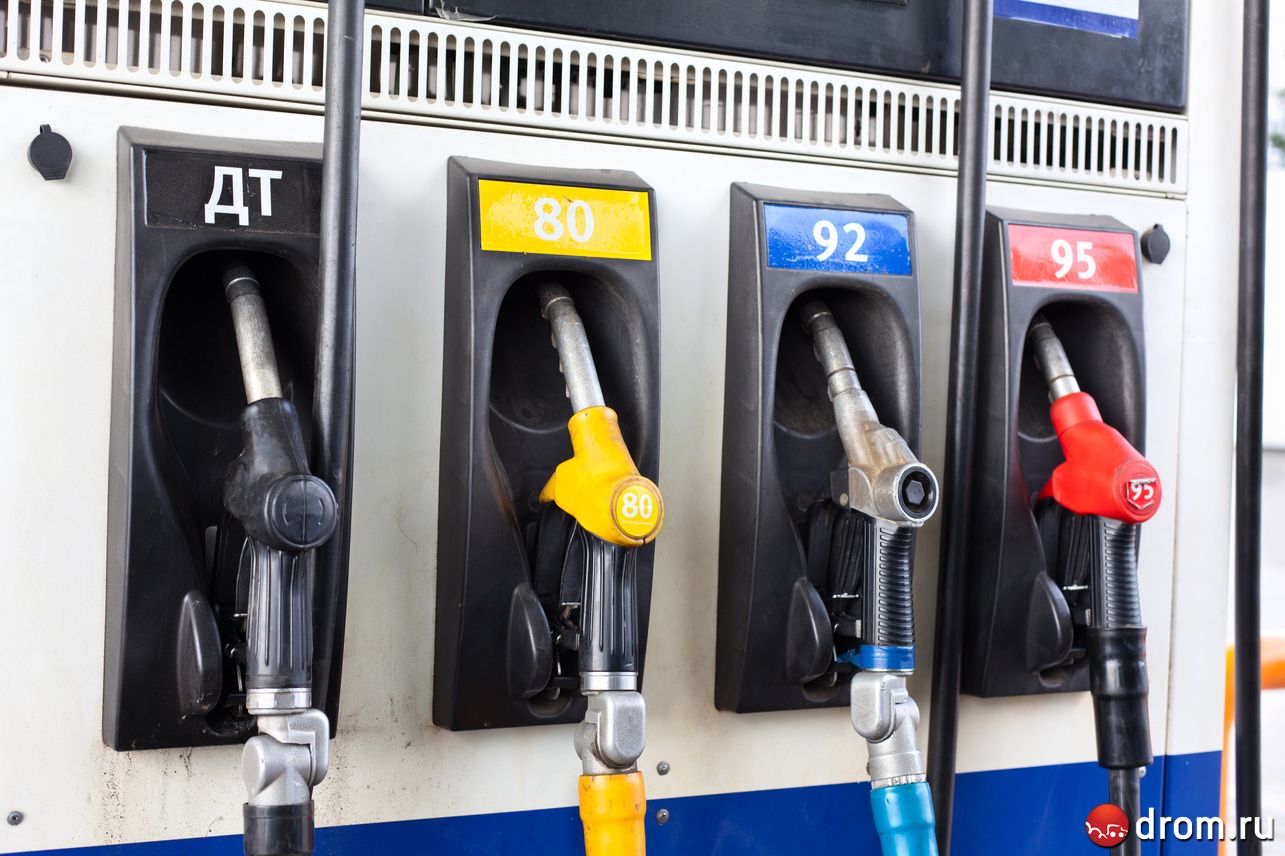
Fuel consumption in a car - what does it depend on and how to reduce it?
Content
Fuel economy is often one of the most important factors you consider before buying a car. Not surprising. Higher fuel consumption does not only mean significantly higher costs. It results in air pollution with exhaust gases, which is not welcomed by many in the era of caring for the planet. But what affects combustion? Get to know this mechanism better to drive more economically. Find out if you can significantly reduce your car's fuel consumption. Check out why the car burns more and if it can be fixed!
What causes high fuel consumption?
If you want to save money, you should drive in such a way that fuel consumption is as low as possible. A few habits make the car smoke more. Check if you have the following habits:
- you have a modern car, but you keep your foot on the gas when starting off - this is not always necessary, and this makes the car burn more;
- immediately after starting, you quickly accelerate - an unheated engine will not only burn more, but also wear out faster;
- you stand with the engine running - if you stand still for 10-20 seconds, it makes sense to turn off the engine;
- you brake only with the pedal - if you use only the engine, you will reduce fuel consumption by 0,1 liters per 100 km;
- you are driving in gears that are too low – already at a speed of 60 km / h, you should drive in fifth gear in order to reduce fuel consumption;
- if you suddenly change speed, the car will only burn more strongly.
What is the average fuel consumption of a car?
We will not be able to provide an overall average fuel consumption for a vehicle. Much depends on the model, year of manufacture and engine. The size of the car is also important. The bigger the car, the more it will burn. In addition, fuel consumption is affected by the driving style of the driver, as well as the engine of a particular vehicle. Here are some examples of medium burns:
- Nissan 370Z Roadster 3.7 V6 328KM 241kW (Pb) – 11-12,9 l per 100 km;
- Citroen C5 Aircross SUV 1.6 PureTech 181KM 133kW (Pb) – 5,7-7,8 l per 100 km;
- Opel Astra J Sports Tourer 1.3 CDTI ecoFLEX 95KM 70kW (ON) - 4,1-5,7 liters per 100 km.
Of course, if you choose a car for city driving, you can count on relatively low fuel consumption. In a situation where, for example, you rely on a robust and heavy internal combustion vehicle, you must take into account the high operating costs.
Fuel consumption meter not working
Is your car's odometer broken or do you feel like it's not working properly? You can calculate fuel consumption by yourself. It's very simple, but will require some attention from you. Here are the next steps:
- start by refueling the car at full capacity;
- then write down your odometer or reset it to check how many kilometers you have driven;
- drive the section of your choice and then refuel the car;
- check how many liters you had to fill in the car, then divide this figure by the number of kilometers traveled and multiply by 100.
This way you will find out how much fuel the car burned per 100 km.
Causes of increased fuel consumption by a car
Is your car suddenly smoking more? This may be due to problems with the car. So if suddenly your car began to smoke more, you should go to the mechanic. The specialist will check whether everything is working properly in it. What can increase fuel consumption? There can be many reasons:
- increased load on the car;
- working air conditioner in hot summer;
- too low tire pressure, which causes more resistance when driving;
- faulty lambda probe;
- brake system failure.
These are just some of the reasons why a car may burn more. If it turns out that the cause is not a minor load that you can influence, you are probably dealing with some kind of mechanical failure. As you can see, increased fuel consumption is sometimes the result of more serious problems.
Increased fuel consumption - diesel
Diesel is considered a fairly economical engine. If he stops being like that, there might be something wrong with him. In the case of such a unit, it is always worth checking if there is AdBlue liquid inside. If it should be, then it is almost non-existent, fuel consumption may increase slightly. Other causes of increased fuel consumption include a clogged air filter or too old engine oil. This is why you should have your car checked by a mechanic regularly.
Fuel consumption depends on many factors, but remember that driving style and your habits can also increase it. Please take our advice to heart. This may not translate into huge savings, but with rising fuel prices, every penny counts.
